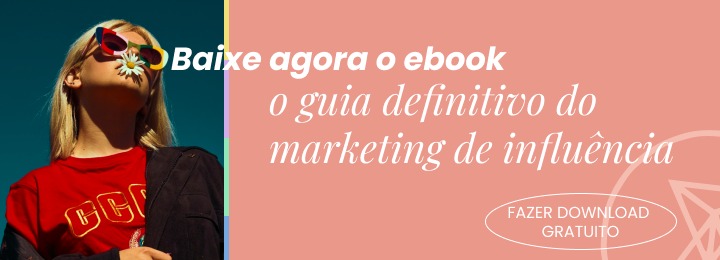Exploring Generational Differences in Online Engagement
Social media has become an integral part of our daily lives, shaping the way we communicate, share information, and connect with others. From the baby boomers to Gen Z, each generation has embraced social media in unique ways, influencing trends and online behaviours and understanding the space each generation finds themselves in, in terms of social media, is crucial to shape strategies personalised enough to catch their attention.
- Facebook users in the USA aged 50-64 accounted for 29% of the platform’s user base.
- Instagram predominantly attracts users in the 18 to 29-year age group, representing approximately one-third of all users.
- Twitch has gained popularity among younger users in the U.S., with 80% of its user base falling between the ages of 18 and 39.
- Despite being associated with Gen-Z, TikTok’s user base is nearly evenly divided. Approximately 39% of users are aged 18-29, while 30% fall within the 30-39 age group. This indicates a significant presence of Millennials and Gen-X users, highlighting the platform’s broader appeal beyond Gen-Z.
The thing is that advertising has evolved around Gen-X and Millennials, therefore, brands are already used to shaping their strategies dedicated to them, but how to hyper-personalise strategies for the rest of them? Let’s get into this:
Gen Z: Shaping the Future of Social Media
Gen Z, also known as the iGeneration, has grown up in a world dominated by social media. Platforms like Instagram, TikTok, and Snapchat have become integral parts of their social interactions, self-expression, and personal branding. Gen Z values authenticity, inclusivity, and meaningful connections. For businesses, engaging with Gen Z requires an understanding of their preferences, values, and the ability to create authentic, relatable content. Influencer marketing, user-generated content, and interactive experiences are key strategies for capturing the attention and loyalty of Gen Z. It’s important to separate this strategy from Millennials, since the latest will value more practical content, and the first preferes honest, humoristic and sarcastic one.
Zillennials: The lost child of Gen Z and Millennials
Zillennials, often referred to as the cusp generation, sit at the intersection of Gen Z and millennials. They exhibit characteristics and behaviours of both generations, making them a unique group to target on social media. Zillennials grew up with social media, but also experienced life before its ubiquity. They are digital natives who embrace technology but also value real-life experiences. Zillennials prefer platforms like Instagram, YouTube, and Twitter, and are drawn to content that is visually appealing, informative, and entertaining. Businesses can engage with Zillennials by creating content that bridges the gap between Gen Z and millennial preferences.
They represent the generation comprising about 20.35% of the US population, and are worthy of a niche marketing approach. With 54% of them being fully employed, they find themselves in the sweet spot of purchasing power. Moreover, in the next 10 years, Zillennials will constitute the majority of the racially diverse population, further emphasising the need to cater to their unique preferences and engage them effectively. This demographic represents a valuable market segment that brands should prioritise in their marketing strategies to tap into their potential and maximise business opportunities.
Gen Alpha: The Digital Natives
Gen Alpha represents the youngest generation, born from 2010 onwards, who have grown up surrounded by technology and social media. While they may not have their own social media accounts yet, Gen Alpha is highly influenced by the digital presence of their parents and siblings. They engage with social media through family-shared content and kid-friendly platforms like YouTube Kids. As this generation grows older, they will become an important demographic for businesses to consider, requiring age-appropriate and family-oriented content strategies.
Understanding the generational differences in social media usage is key for businesses and brands to effectively engage with their target audiences. From the untapped potential among boomers to the tech-savvy Gen Z, the unique characteristics and preferences of each generation present opportunities for connection, engagement, and brand growth. By tailoring strategies and content to meet the specific needs and preferences of each generation, businesses can leverage the power of social media to build strong relationships and drive success in the digital age.
Boomers: Embracing the Digital World
When it comes to social media, baby boomers were the latecomers. And maybe it might appear like it’s not worth preparing social strategies for them, but it could not be more wrong. Initially hesitant to adopt new digital platforms, boomers have gradually embraced social media as a means to connect with family, friends, and even rediscover lost connections. Facebook has emerged as a popular choice among boomers, providing a space for sharing memories, photos, and engaging in conversations. However, there is still an untapped opportunity for businesses and brands to target this generation with tailored content and relevant campaigns. Boomers are active consumers and represent a demographic with significant purchasing power, making them an attractive market segment.
Also, we cannot ignore the increasing representation of grandfluencers on TikTok, but that will be a matter for another discussion.


